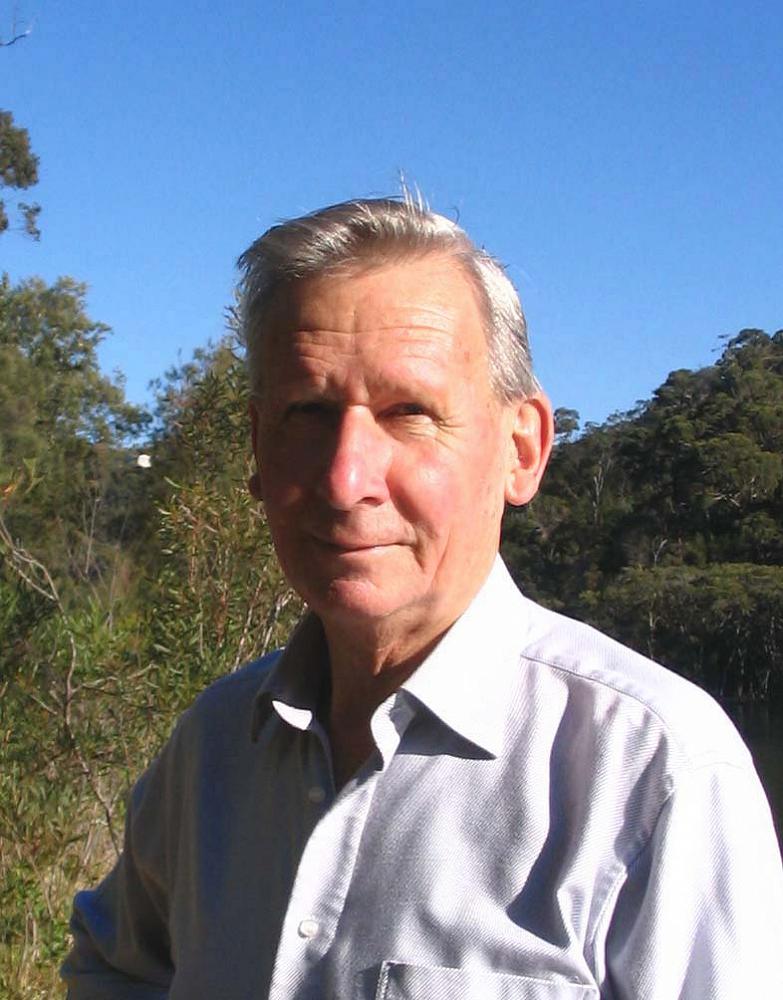
Losing Faith
What happens when people abandon the Christianity of their forebears in droves? If you want the answer, look around you. In western societies over the past century, there are those who have turned to other ancient faiths, others to newly-minted faiths, and most to no faith at all.
There are also those who have put in the hard yards trying to rethink the faith that has shaped the West, attuning it to modern understandings of the world and humanity’s place within it. The churches generate such people, then often disown them. Fortunately, they keep bobbing up and asking awkward questions.
Broadly, however, several clear alternatives to Christianity have appeared. At one end of that spectrum sit those who have found a substitute for Christian faith either by embracing another world religion, or by immersing themselves in one of the many varieties of ‘New Age’ spirituality.
At the other end are those concerned only with things they can touch and see. They usually end up in atheism, whose devotees are certain there is no God – the way they conceive of God, they are probably correct – or in scientism, the belief that science alone can provide truth about the world and reality. The latter have challenged, rightly in my view, the supernatural worldview which is the setting for traditional Christian faith. They see no point in trying to reshape for a post-supernatural era the rituals of spiritual experience which grow out of that worldview: rather they would like to strip them out of our evolving cultural life.
Meanwhile, somewhere in the middle of the spectrum are the agnostics, who hold that nothing can be finally known about God, so why bother? They have no faith in anything in any traditional sense, and by and large don’t miss it. This group represents a strikingly modern development. English religious scholar, Karen Armstrong, notes that in former days when religious ideas lost their validity, they usually faded away painlessly. Therefore, “If the human idea of God no longer works for us in the empirical age, it will be discarded.” In the past, however, she says people would usually create or adopt new symbols and faiths to cultivate their sense of wonder at life and its significance. Letting that faculty wither has its consequences. Armstrong says: “The aimlessness, alienation, anomie (breakdown of social and moral standards) and violence that characterise so much of modern life seem to indicate that now that they are not deliberately creating a faith in ‘God’ or anything else, many people are falling into despair.”
Some are vaguely aware they have lost something valuable, even though they find the church’s rituals unhelpful. London Sunday Times columnist, Minette Marrin, who holds no religious allegiance, experienced this two-way pull during a carol service one Christmas. She describes “a curious kind of pain in trying to make sense of one of the most inspiring parts of our inheritance,” which yet seemed to her more meaningless than ever. “But,” she adds, “with the loss of specifically religious conviction we have also lost so much of the wider conviction that matters in a society, including a proper respect for our own culture as a whole, for our traditions in general. At the same time, by some strange perversity, we respect people who do respect their own traditions.”
For example, High Wycombe public library refused to display a church poster advertising Christmas carol services in case it should offend non-Christians – yet happily held a party to celebrate the Muslim festival of Id-ul-Fitr. “What’s striking is not the silliness or the injustice,” Marrin says, “it is the cultural cowardice and loss of self-respect that has allowed it.”
The phenomenon, also evident in New Zealand, results from a loss of religious faith, which then silently corrodes faith in the core values and traditions that have shaped our culture. Just as a faith-full outlook on life colours everything it focuses on, so a faith-less outlook undermines those values and traditions, and so contributes to moral and spiritual muddle. Australian columnist, Angela Shanahan, draws a similar conclusion: “We have confused the worthy liberal ideal of tolerance with adopting an aggressively secular libertarianism that has demanded that we ditch the Judaeo-Christian basis of our laws, ethics and education, leaving us not simply pluralistic but rootless and religiously illiterate.”
Every day politicians, teachers, lawyers, bureaucrats, media people, economists, parents either add their two penn’orth to that saga of spiritual dereliction or look for ways to counter it. Either way, every contribution counts.
